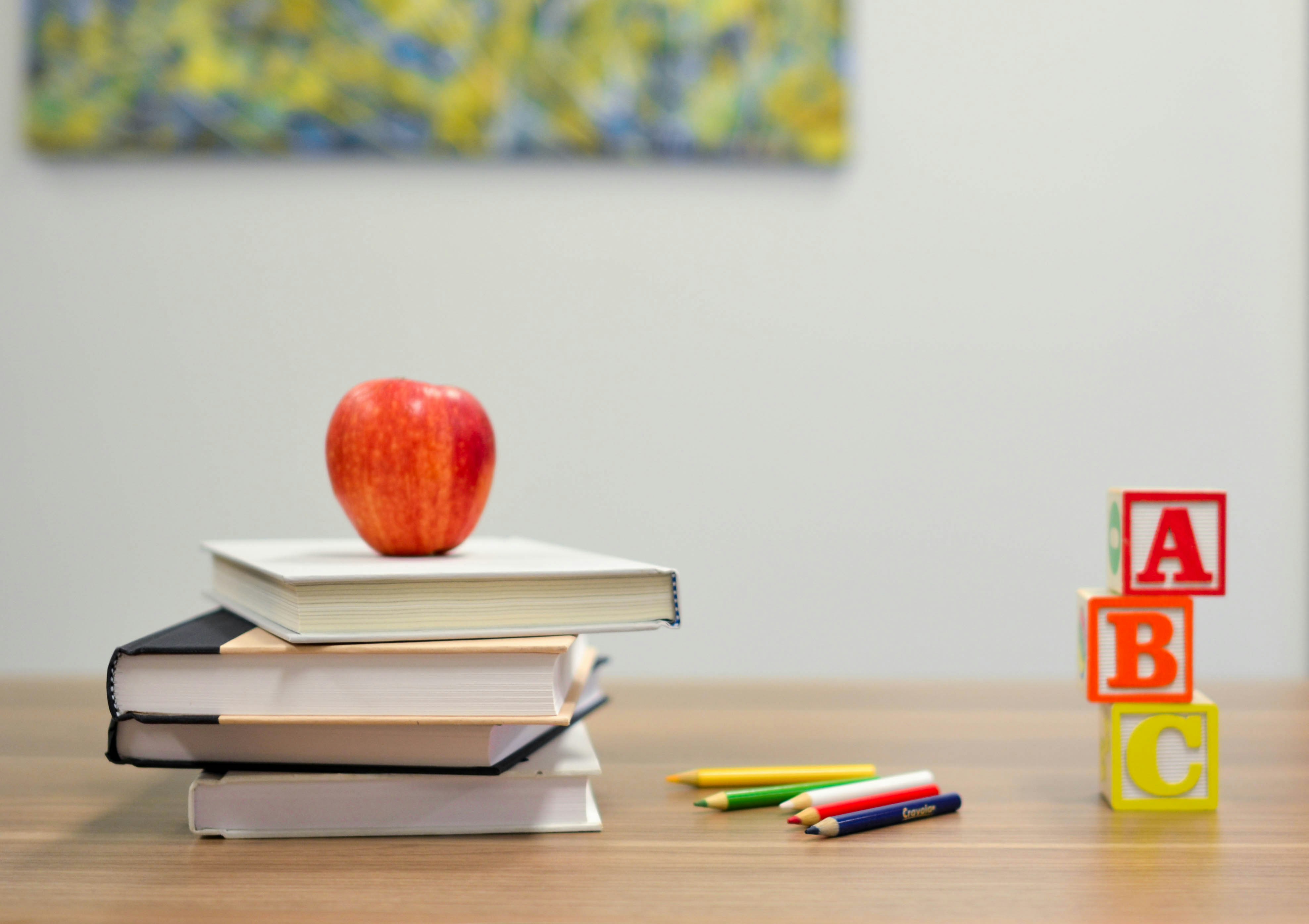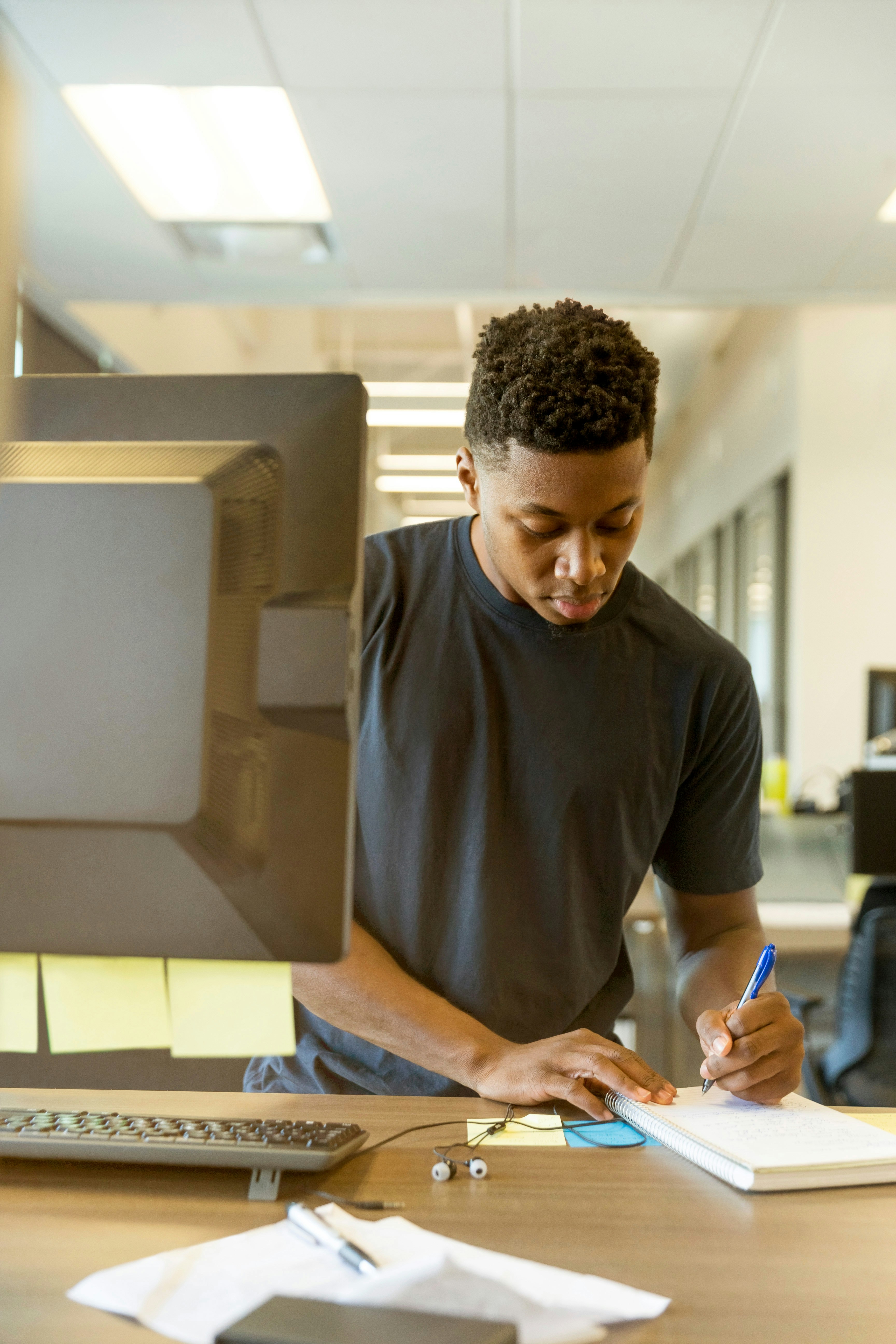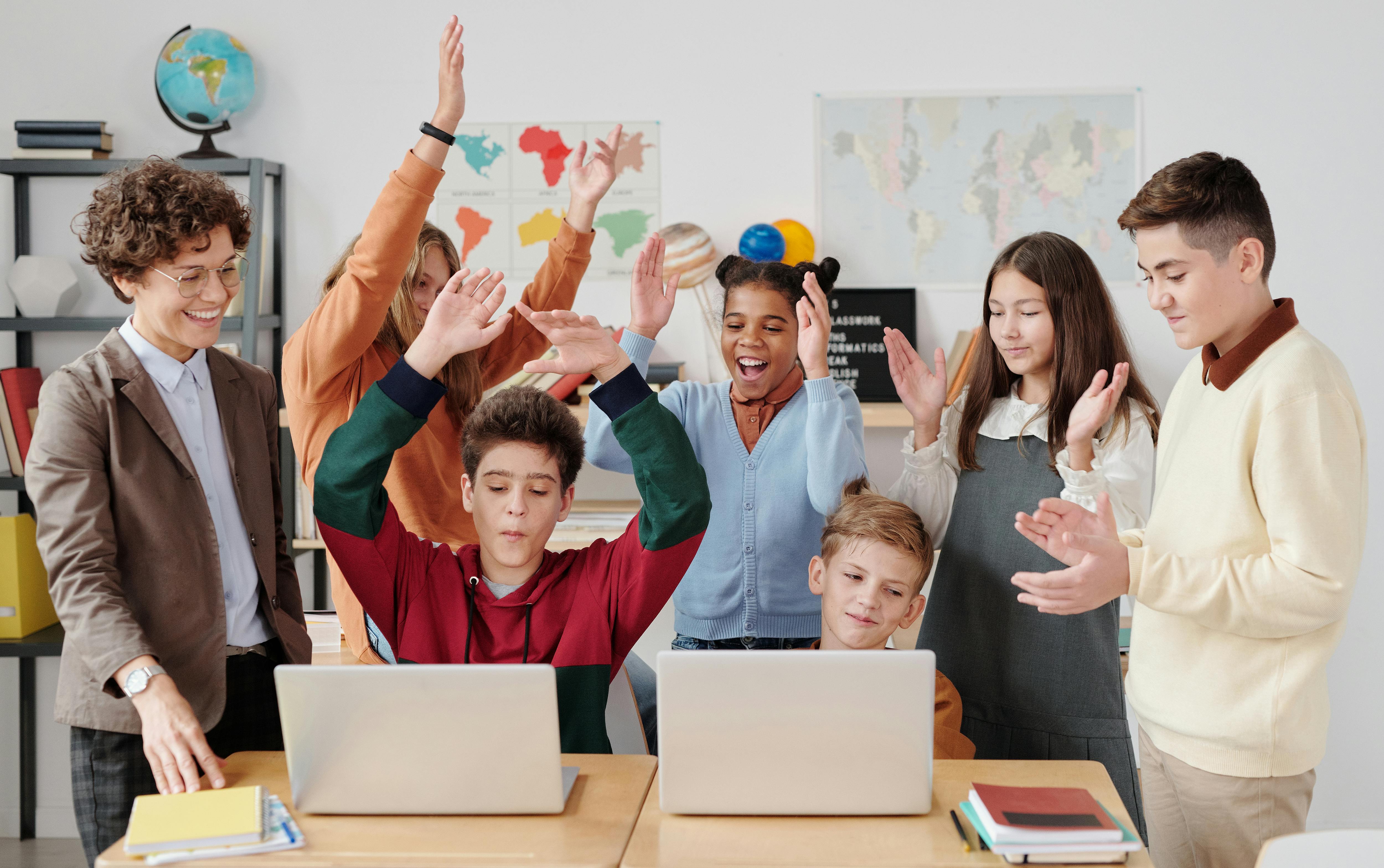Struggling to Learn the Knowledge/Skill? Learn the Feeling, First.

We've been taught to chase knowledge, to memorize facts, to master grammar and equations. But what if we've been chasing the wrong thing all along?
When you're learning something new — a language, an instrument, a craft — pause and feel. Let your body flood with that warm, buzzy joy. That peaceful satisfaction. That sense of curiosity and wonder.

Why? Because feelings create habits. The joy, serenity, excitement, and cocktail of positive emotions you feel *in the moment* of doing something? That’s the real teacher. Your brain remembers that high, and it wants to chase it again.
That’s how mastery starts. Not with duty. Not with discipline. But with delight.
Next time you try something new, don’t just ask, “Did I get it right?” Ask instead: “How did that feel?” Because when learning feels good — you’ll want to do it again.

So go ahead. Feel your way into fluency. Into knowledge. Into mastery.
Comments
Post a Comment